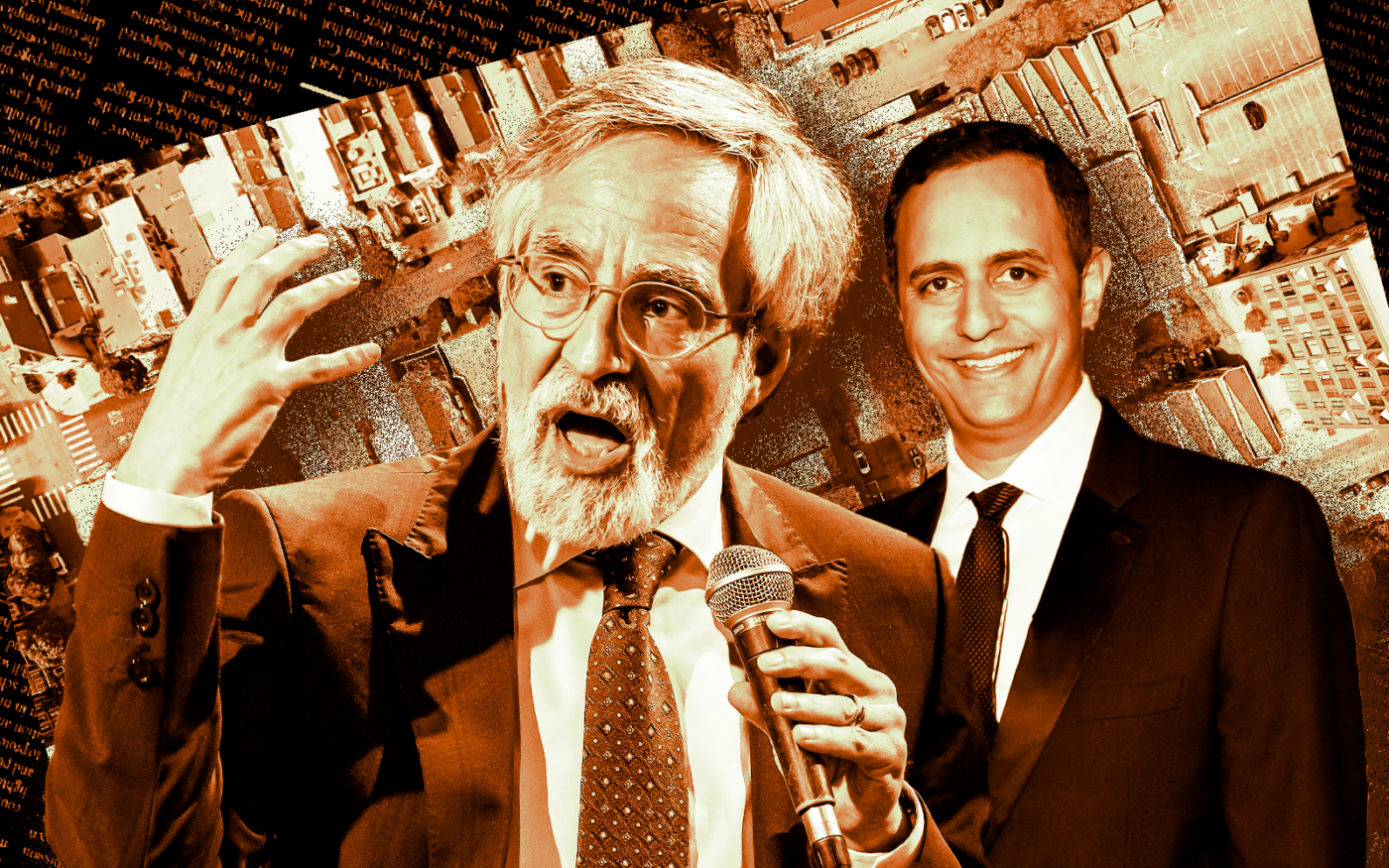San Francisco will temporarily safeguard some of its oldest shops and restaurants from eviction.
The Board of Supervisors adopted interim protections for legacy businesses while they ponder a sweeping rezoning plan to raise building height limits along 50 commercial corridors, the San Francisco Chronicle reported.
The temporary measure, in effect for 18 months, will require landlords in certain areas who wish to fill or bulldoze retail storefronts once occupied by longtime businesses to obtain a conditional use authorization via a public hearing.
The safeguards will allow the city to study and pass permanent legislation to protect businesses that have operated in select areas for 30 years or more from being kicked to the curb.
The legislation will go to Mayor London Breed, who has 10 days to sign it.
The protection of the often mom-and-pop businesses were pitched this summer by Supervisor Aaron Peskin for the Upper Fillmore Corridor after a tech investor bought up more than half a dozen buildings in the neighborhood with plans to revitalize them.
The investment resulted in the displacement of a restaurant operating for almost 50 years on Fillmore Street, and has left another battling for its space.
Peskin, a mayoral candidate for next month’s election, with Breed also running, moved to expand the protections to the city’s other commercial corridors.
He said the additional layer of review is critical as the city moves to adopt a plan to upzone transit and commercial arteries for more housing on its west side within two years.
Without added protections, he said, the upzoning will place pressure on legacy and small businesses in buildings that could be targeted for redevelopment.
The city’s legacy business registry includes 400 shops, restaurants and other businesses, though not all are in the commercial corridors.
Planning Department officials had told the Chronicle that they were considering requiring developers to provide relocation assistance for businesses that are directly impacted by new housing projects. They include payments of up to 18 months of rent, or other assistance.
It was venture capitalist Neil Mehta who paid $100 million for eight buildings with stores and restaurants in Pacific Heights in a move a spokesman claimed was meant to support local businesses.
Read more



But the future of at least three businesses, two of which have lasted for at least two decades, is uncertain. And that was the trigger for the protection measure.
“After seeing the legacy businesses under threat on Upper Fillmore, where a billionaire bought many properties on two blocks … legacy businesses from across the city have reached out, asking for more teeth, more protections for the legacy business program,” Peskin told the Chronicle.
— Dana Bartholomew
